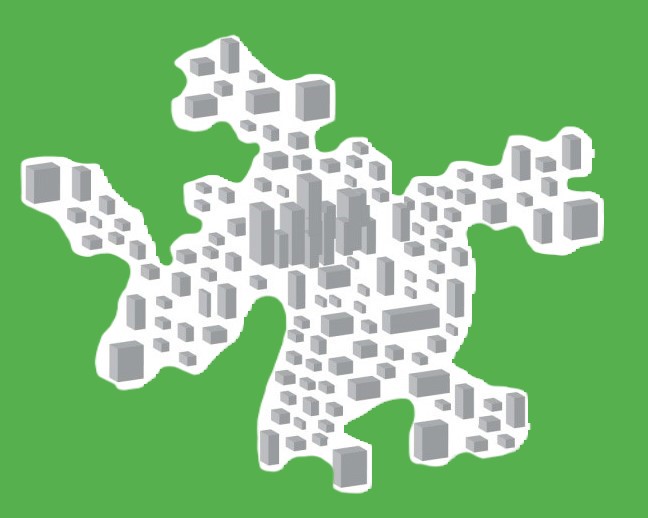Join the Lab!
Conducting research is an excellent opportunity to test how much you like the process, build your resume, and influence policy. About 90% of UCD graduating seniors have conducted research with faculty, helping build the UC Davis R1 reputation as the top agricultural research institution in the country. Several undergraduates working with the ELFS lab have published their research from work in the lab and become scholarly authors, an achievement that helps signal expertise to future employers and graduate programs. Another benefit of working with faculty is that they get to know you better and can write better recommendation letters as you go on to jobs, graduate school and internships. We especially encourage first generation and under-represented scholars to join our lab. Our research consistently benefits from more diversity among the researchers working together to conduct studies- especially where findings relate to health disparities and underserved communities. We offer opportunties in planning and food policy research. Read below for more details.
Land-use Planning Data and Policies
Paid position currently filled, Apply here in 2026
Programmers: The ELFS lab is looking for undergraduate or graduate students to work as a full-stack developer on both the server and the front end to help us build additional functionality into our General Plan Tool (planSearch..caes.ucdavis.edu). This database allows users to search across all of Cailfornia’s city and county land-use plans and identify policies and programs. For example, the California Environmental Justice Alliance has used this tool to identify which cities and counties are innovating environmental justice policies to address climate change and social equity. The current solution is built in python, and applicants should have experience in deploying and maintaining python code on a Linux server. Experience with geojson, and elastic search is a bonus, but not a requirement. Proven ability to work independently on web projects is a big plus. Applicant should have experience learning and working with a variety of python libraries; experience collaborating on code in GitHub; ability to troubleshoot issues in the code, such as SMTP authentication errors, timeouts, and memory issues; and excellent code documentation skills. Experience designing web applications in Flask is preferred, but not required.
Successful applicants will be able to describe how they might accomplish the following tasks:
- On the landing page of the website, display a map of cities and counties, each with an indicator of the last time a plan in the portal was updated- and if it is available in our search engine.
- This will help users understand what we have available and which jurisdictions have plans that are out of date.
- Design an upload portal for new general plans, that can be used to expand the database to other states (with visualization for search term hits)
- Design a solution for expanding the database internationally.
Position effective immediately through the summer with potential to extend into the fall.
Plan evaluators: The lab is conducting plan evaluations on climate policies ranging from food justice to decarbonization. If you are interested in conducting a study for a class, independant study, or for scholarly publication, please reach out to Dr. B. The successful candidate will conduct a policy comparison across California city and county plans with a focus on a particular topic (eg. housing and homelessness). Database management, Natural Language Processing or Geographical Information Systems (GIS) skills are welcomed. Read more about our beta version of the California General Plan Mapping Tool and resulting and publications).
Food Pathways Researcher
Paid positions currently filled, Apply here in 2026
Another active vein of our research is focused on food distribution for the food pathways project which seeks to map direct marketing networks for every county in California in order to understand how rural and urban food systems are interwoven (see our community food guides and publications for examples of the work produced from this project). Find a county that you would like to highlight, and pitch the project to Dr. B.
—–
- You can work as a volunteer, for academic credit (CRD), for internship credit (CRD), or as a paid intern.
- Most work can be done off-site, using your computer
- You are welcome to work on-site; the lab (Hart 2328) is there for you! You can get a key from the business office (Hart Hall, first floor, $10 deposit).
These are the kinds of tasks you might work on:
- Creating and managing databases
- Organizing data from secondary sources such as the U.S. Census
- Interview and survey administration and data entry
- Map-making
Requirements
- Read the preliminary background material provided by Dr. B and your project lead before you start so that you are familiar with the methods, theory and current understandings in the field and how your research helps further science
- Attend lab group meetings (usually Tuesday mornings). Scan the lab manual for more information about lab meetings and trainings
- Commit to working at least 6 hours per week over at least two quarters
- Meet once weekly with Dr. B (or your project lead if they are your main point of contact)
- Send weekly email update of your progress
Lab Meetings
You may receive 1 research unit (pass/fail) for participating in lab meetings (for CD/CRD/GEO299). The CRN changes every quarter. The purpose of weekly lab meetings is to:
- Practice presentations
- Stay up-to-date on scientific progress through journal club
- Workshop manuscripts
- Build camaraderie and share good eats!
- Take part in yearly trainings to boost your productivity and morale
- Mentoring Network Map Exercise
- Dissect and assemble an academic article
- A very helpful guide to writing academic articles in the social sciences
- Time management
- Develop a writing Pipeline
- The writing pipeline is a bit like an anti-resume in that you track progress of ideas and attempts, giving yourself credit for effort in the process. The goal of the pipeline is to organize and celebrate progress.
